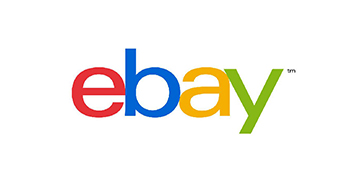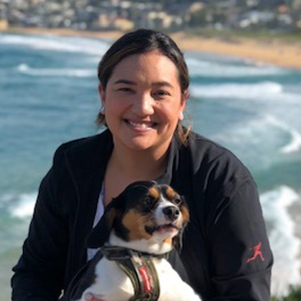Mandy completed our Product Management Project with Uniting. On this project Mandy embarked on a 9 week journey to learn the fundamentals of the Product Management framework while working on a live client project.
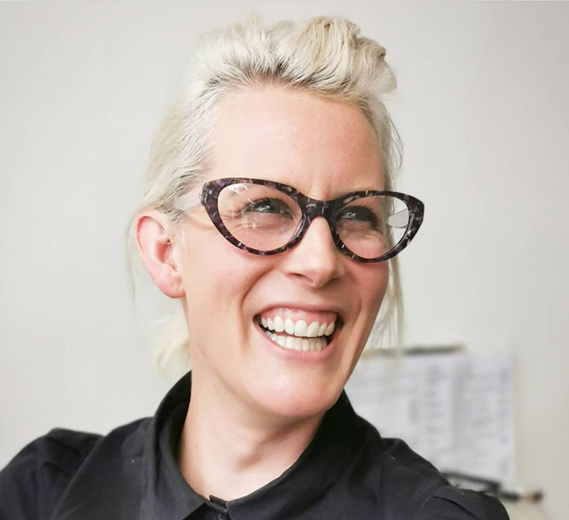

Who are Uniting
The Uniting Harris Community Centre in Ultimo are a not-for-profit organisation supporting individuals, families, groups, workers, students and the community of Ultimo. The Chex Community gift card was launched in 2020 to service Ultimo, an inner-city suburb of Sydney in New South Wales, Australia. Its key aim is to build a more equal, connected, and sustainable community through provision of a Chex gift card/voucher. The Chex Card service also supports those in financial hardship, this includes retail stores. By spending locally, this builds on the local economy and keeps the community connected, which in turn creates a positive impact to residents living in Ultimo. As a student working on this product, I felt very passionate about Chex as it’s key aim was to help others live a meaningful and better life!
The project Product Management brief objective
Aim of brief is to the development of a digital solution so that Chex Community Gift Cards can be issued, circulated, and redeemed online and to streamline the reconciliation process for transactions that occur with gift cards and the financial reimbursements to participating businesses.
Week 1
My first day when meeting my team was fantastic, the format of the lesson allowed an opportunity to learn about others. From the first lesson to the last, I have made friends and gained a lot of insight from their own skills and background.
Week 2
The Uniting Harris Community Centre Team were very friendly, engaging and passionate about the Chex product. They were cooperative with any questions aimed at them, offering as much information they could provide.

Weeks 3 - 4
The research phase consisted of available Chex customers who all dedicated their time and participated in a video interview that was conducted using a hypothesis-driven approach. This allowed for a deeper understanding around any assumptions and helped define common themes/problems (pain points). The data from the interviews helped to identify an appropriate MVP, aligned with the brief.
This practical strategy also works alongside setting a persona/archetype to understand the user needs.
This strategy has been extremely helpful and I will be using this approach throughout my professional career as it offers a clear direction and steers the focus around the customer needs.
As this process was all new to me, I felt completely supported by my mentor.
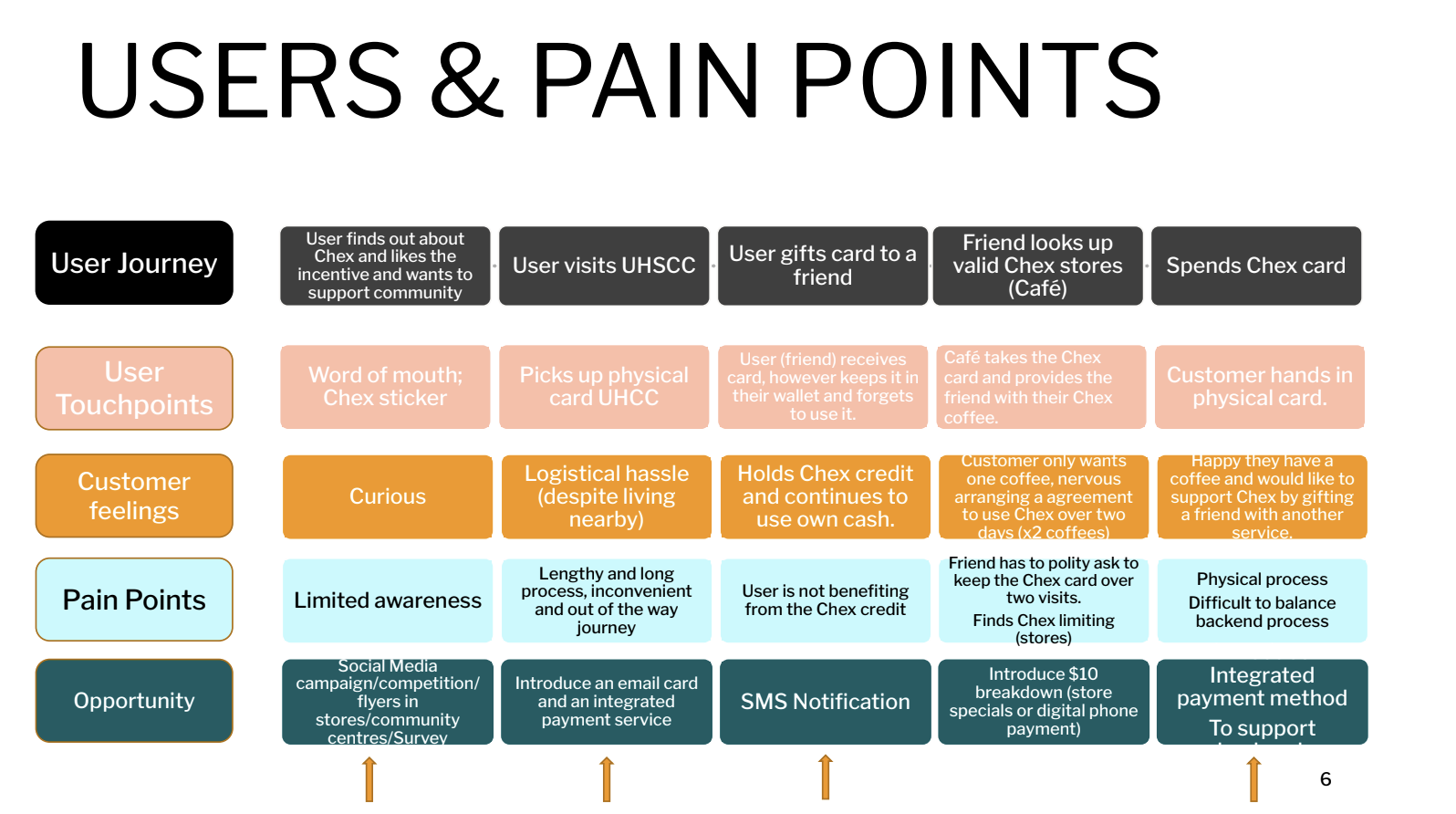
Weeks 5-6
Having an understanding around MVP made perfect sense. Put simply, defining a minimal viable product helps mitigate designing something that is not right. The MVP process allows you to think about what is immediate value at low cost. This helped break down the product build into iterations. For example, before even thinking about a digital solution to streamline Chex’s manual process, starting with a communication/marketing plan to test the demand was my first MVP. Setting up an integrated digital payment solution would be more effort and a higher cost, so starting with the least amount of effort with high reward made sense. The main thing I enjoyed about the MVP phase is feeling more confident that this process is a breakdown towards the finished product. It allows you to test the product against the pain points; look at metrics/KPI, look at the market and the benefits for the MVP.
This all makes perfect sense, an essential element to all ideas, before going too deep and wasting buckets of time and money.
Looking at the process and learning about all the development tools out there to help with design was really useful too. There are so many wireframing ideas out there to help you sketch your ideas!
Weeks 6-8
This phase was really great, it showed a clear vision that demonstrated the direction of where the solution being proposed to the customer was going. I’m a visual learner so it was a great way to see the breakdown of each key objectives and the key results laid out. Each OKR had a list of themes/epics. For example, Setting up customer text reminders with an objective to use the Chex card before the end of expiry and testing the result of that reminder. Monitoring, did the customer use the card shortly after the text reminder.
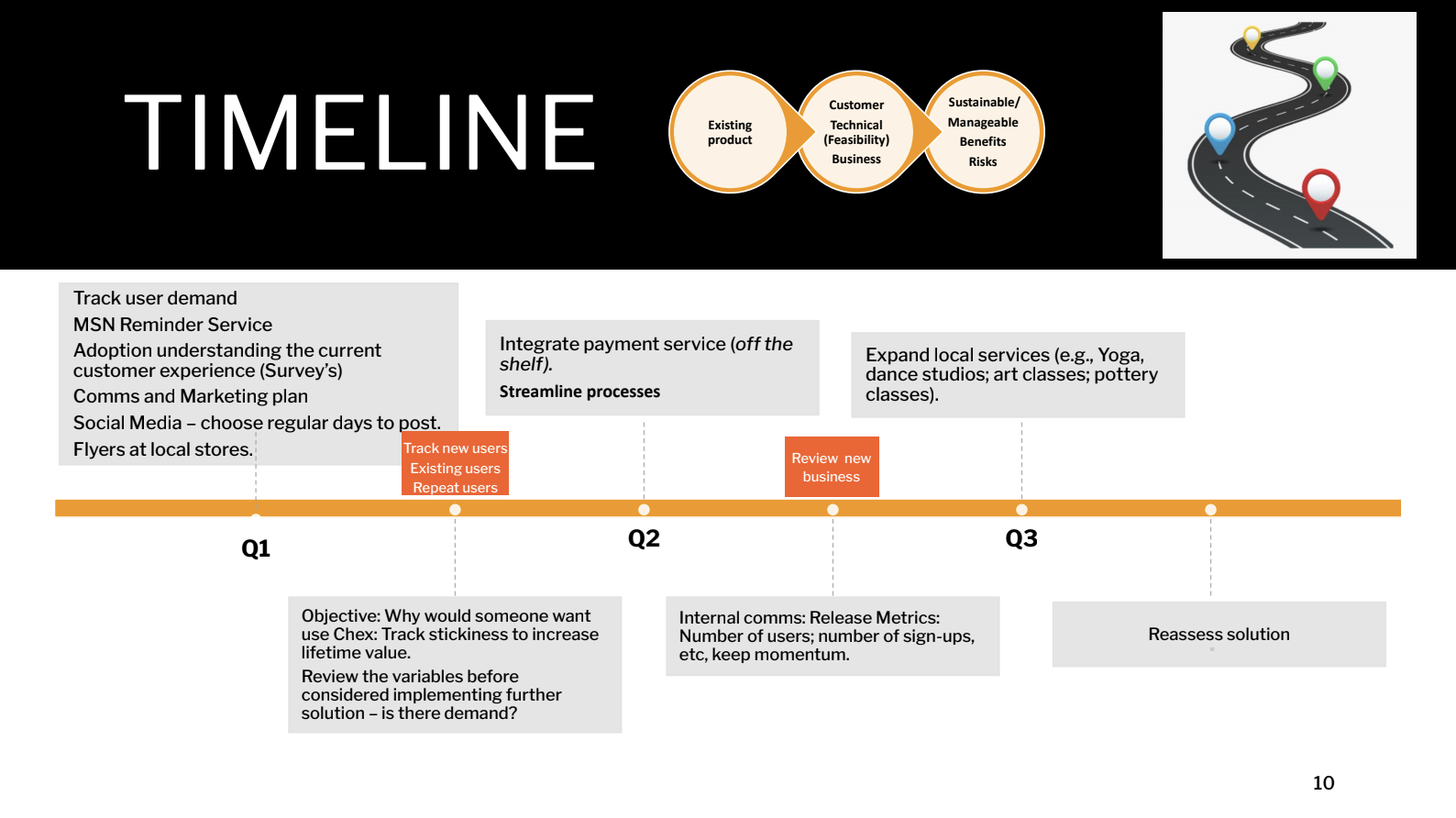
Week 9
Despite being an extravert and really enjoying talking with groups of people, I felt nervous.
Having left PMO – the corporate project environment and moving to Risk Management; then becoming a mother of two, many years have passed at the Product Management course was all new.
I’d spent the last 7-years doing completely different things, selling my own muesli at a train station; being a swim teacher and studying Mental Health!
So, presenting something that was all new was a challenge. However, having now done it, I feel tremendous growth. The live experience has now given me the incentive to pitch ideas in my current role with a framework that is data driven and not just my opinion. The Chex Team were really receptive to my ideas too, which helped.
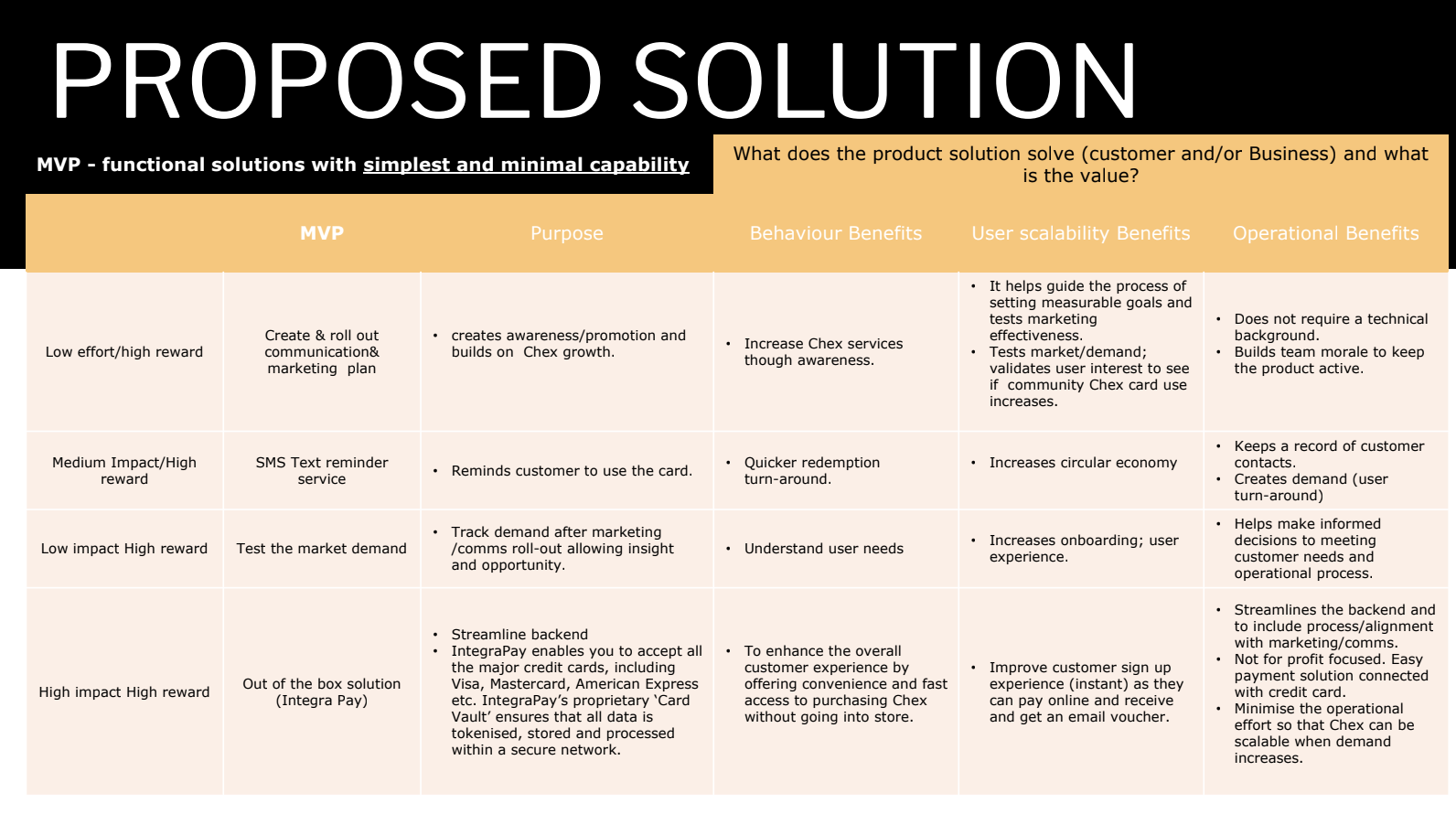
Graduation
Having always enjoyed working on projects, the product management framework will help build on my entrepreneurial creative skills. I now work in a not-for-profit agency and my goal in life is to break down the silos that sit within the Mental Health sector. To do this, I can apply hypothesis/ assumption testing with certain persona types, for example experts in the field; Youth; Parents and Carers etc. My goal is to break down the first steps and understand their needs.
This will lead to building a solution that will close the gap in Mental Health and build a product that collaborates and connects people who may not know what to do when someone is living with a mental illness or through the MVP framework, it may build something bigger.
Outcome
At the conclusion of the project, Mandy was assessed for the skills she demonstrated during the 9 week project. These were certified and co-signed by Harness Projects and Uniting to acknowledge the great work she achieved on the project.
Follow Mandy’s footsteps and check out our Upskiller Product Management Course


